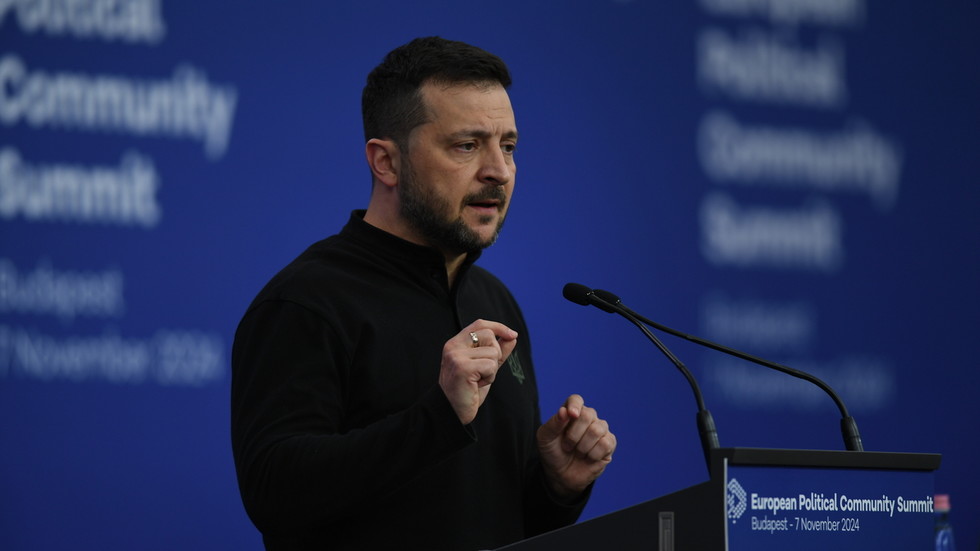KUALA LUMPUR, Malaysia — Singapore’s deputy leader Lawrence Wong was sworn in Wednesday as the nation’s fourth prime minister in a carefully planned political succession designed to ensure continuity and stability in the Asian financial hub.
A U.S.-trained economist, Wong, 51, succeeds Lee Hsien Loong, 72, who stepped down after two decades at the helm. Lee’s departure marked the end of a family dynasty led by his father Lee Kuan Yew, Singapore’s first leader who built the colonial trading outpost into one of the world’s richest nations during 31 years in office.
Wong took his oath of office in a televised ceremony at the national palace.
The leadership transition has been meticulously crafted by the People’s Action Party, one of the world’s longest-serving political parties and known for its clean and effective governance, and will not change the dynamics in the tiny nation of some 6 million people.
Wong, a civil servant turned politician, came to prominence while coordinating Singapore’s successful fight against COVID-19. But he wasn’t the first choice for the top job.
Heng Swee Keat, a former central bank chief and education minister, was the anointed successor but he withdrew his nomination in 2021. Wong was then picked by the People’s Action Party in 2022 to fill the vacuum and quickly promoted to deputy prime minister.
“I will certainly strive to be a leader who is strong, kind and decisive. And I will do my best to build a Singapore where everyone can realize their full potential,” Wong said on social media earlier this month.
Wong has retained the Cabinet and held onto his finance portfolio as he prepares for his first big test in general elections due by 2025, but widely expected to be called this year. Before taking office, he promoted Trade Minister Gan Kim Yong as one of two deputy premiers. The other deputy is Heng.
Lee will stay on as a senior minister, a path taken by all former premiers.
While victory in the election is assured, Wong must clinch a stronger win after the PAP suffered a setback in 2020 polls over voters' rising discontent with the government.
Singapore under Lee's rule flourished into one of the world’s wealthiest nations, but it also became one of the most expensive cities to live in. The PAP has also been criticized for tight government control and a government-knows-best stance, media censorship and the use of oppressive laws against dissidents.
Issues like widening income disparity, increasingly unaffordable housing, overcrowding caused by immigration and restrictions on free speech are often used as fodder by the opposition and have loosened the PAP's grip on power.
“One-party dominance in Singapore is weakening but the challenge for the PAP leadership is to slow down the process,” said Eugene Tan, a law professor at Singapore Management University.
Wong was born seven years after Singapore separated from Malaysia and gained independence in 1965. His father was a migrant from China and his mother was a teacher. Unlike many senior PAP leaders, he didn't have a privileged background. Observers have said this could help him connect better with the common citizen.

 5 months ago
23
5 months ago
23









